Ido Cohn
Audio De-identification: A New Entity Recognition Task
Mar 17, 2019

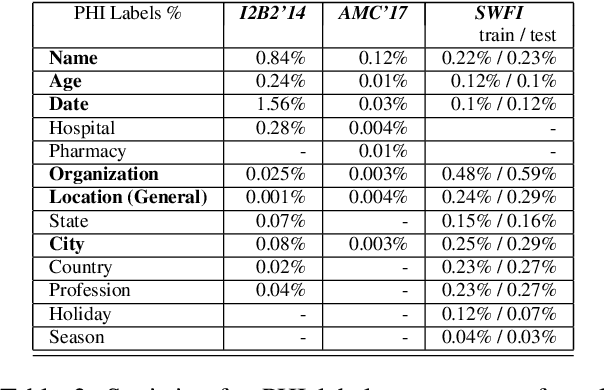
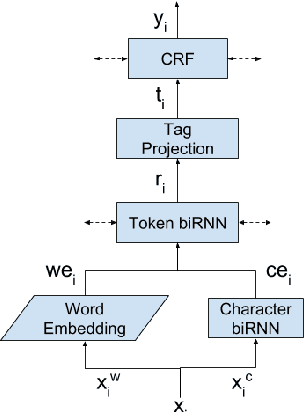
Abstract:Named Entity Recognition (NER) has been mostly studied in the context of written text. Specifically, NER is an important step in de-identification (de-ID) of medical records, many of which are recorded conversations between a patient and a doctor. In such recordings, audio spans with personal information should be redacted, similar to the redaction of sensitive character spans in de-ID for written text. The application of NER in the context of audio de-identification has yet to be fully investigated. To this end, we define the task of audio de-ID, in which audio spans with entity mentions should be detected. We then present our pipeline for this task, which involves Automatic Speech Recognition (ASR), NER on the transcript text, and text-to-audio alignment. Finally, we introduce a novel metric for audio de-ID and a new evaluation benchmark consisting of a large labeled segment of the Switchboard and Fisher audio datasets and detail our pipeline's results on it.
Mean Field Variational Approximation for Continuous-Time Bayesian Networks
May 09, 2012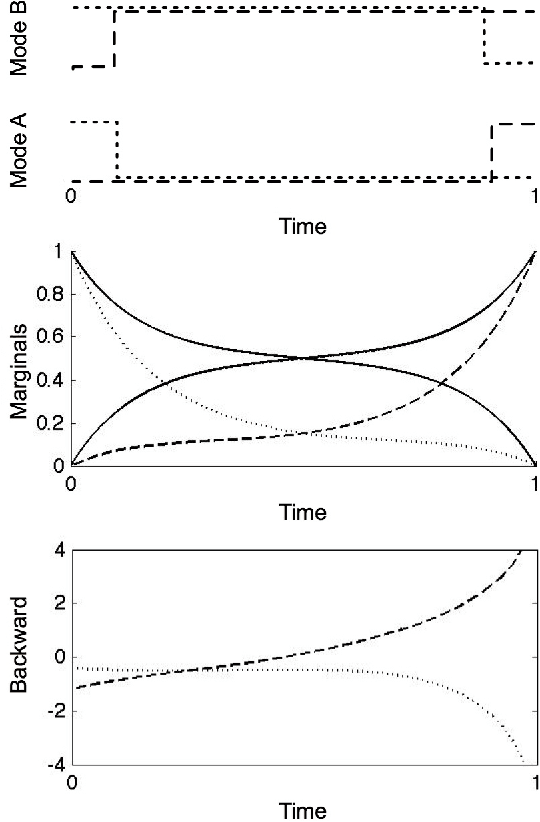

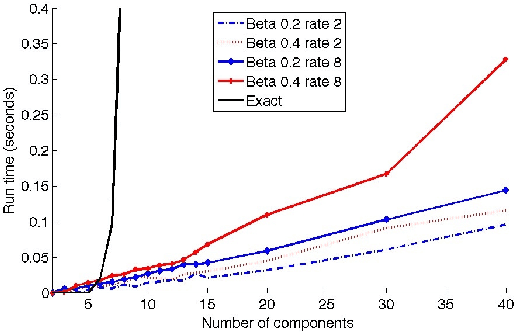
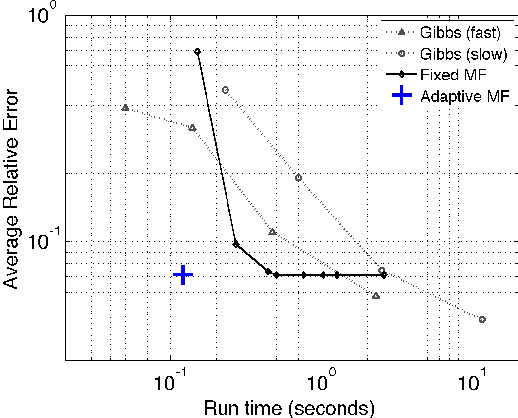
Abstract:Continuous-time Bayesian networks is a natural structured representation language for multicomponent stochastic processes that evolve continuously over time. Despite the compact representation, inference in such models is intractable even in relatively simple structured networks. Here we introduce a mean field variational approximation in which we use a product of inhomogeneous Markov processes to approximate a distribution over trajectories. This variational approach leads to a globally consistent distribution, which can be efficiently queried. Additionally, it provides a lower bound on the probability of observations, thus making it attractive for learning tasks. We provide the theoretical foundations for the approximation, an efficient implementation that exploits the wide range of highly optimized ordinary differential equations (ODE) solvers, experimentally explore characterizations of processes for which this approximation is suitable, and show applications to a large-scale realworld inference problem.
 Add to Chrome
Add to Chrome Add to Firefox
Add to Firefox Add to Edge
Add to Edge